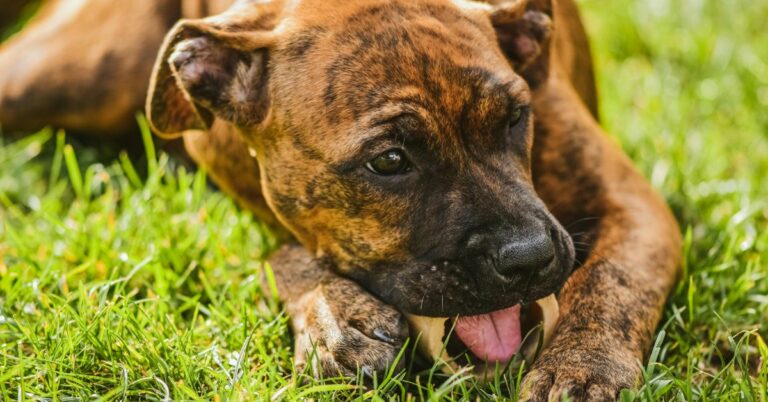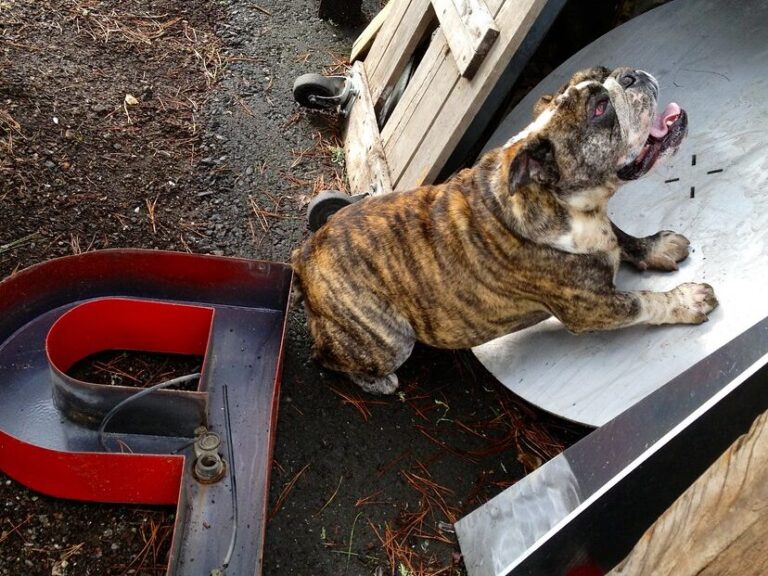15 Dog Breeds Retirees Should Think Twice About
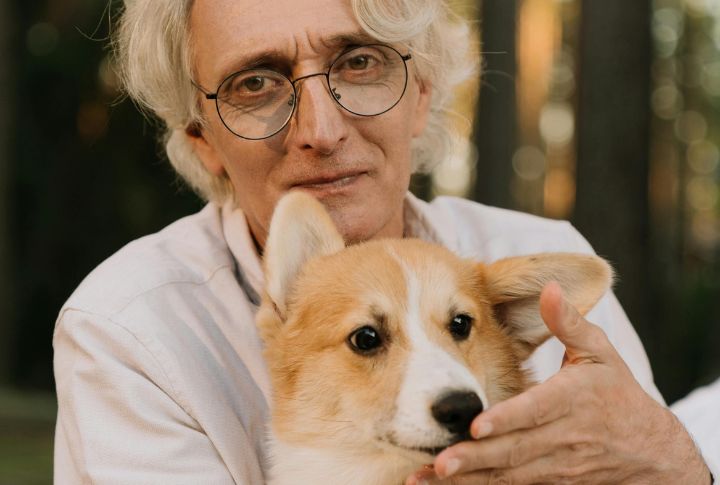
Retirement often brings more leisure time, and many retirees consider adding a pet to their lives. However, when choosing a dog, it’s important to consider your lifestyle and energy level. Some breeds may be more suitable for a relaxed retirement lifestyle than others. So, here are 15 dog breeds that could be good companions for retirees looking for a relatively low-maintenance pet.
Border Collie

Herding dogs such as Border Collies have high energy levels. They thrive on mental and physical stimulation, often requiring rigorous daily exercise and complex tasks. For retirees seeking a calm, easygoing companion, the Border Collie’s high energy and need for constant activity may be overwhelming.
Australian Shepherd
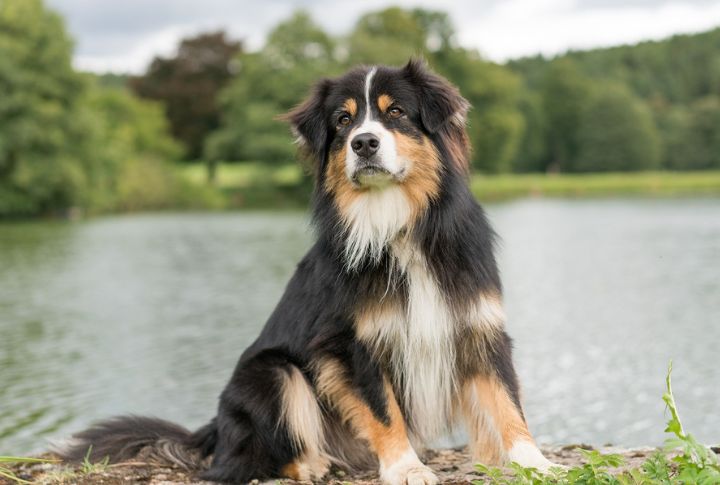
Australian Shepherds are intelligent and hardworking, but their herding instincts can lead to nipping at heels. They require regular exercise and mental stimulation. Aussies are prone to anxiety if not given enough attention or activity, which can potentially lead to destructive behaviors. Their thick coats also require frequent grooming.
German Shepherd
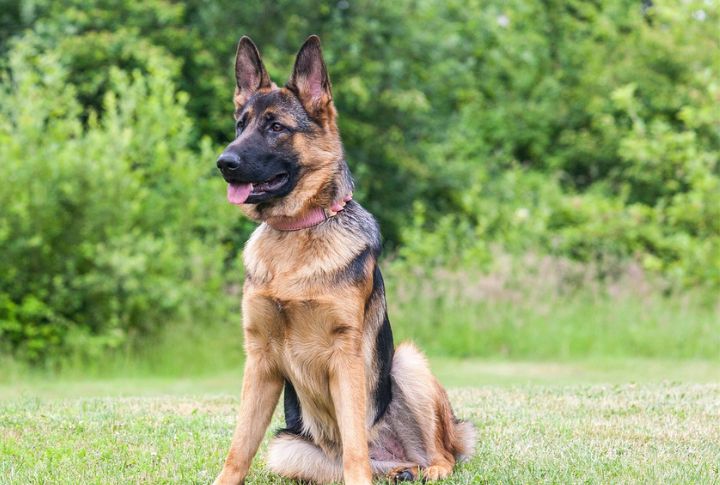
Choosing a German Shepherd means welcoming a loyal and protective companion, but be prepared for the challenges that come with their size and energy. These dogs need substantial exercise, mental stimulation, and training. For some retirees, managing a German Shepherd’s high energy and strength might be more than they can handle.
Siberian Husky
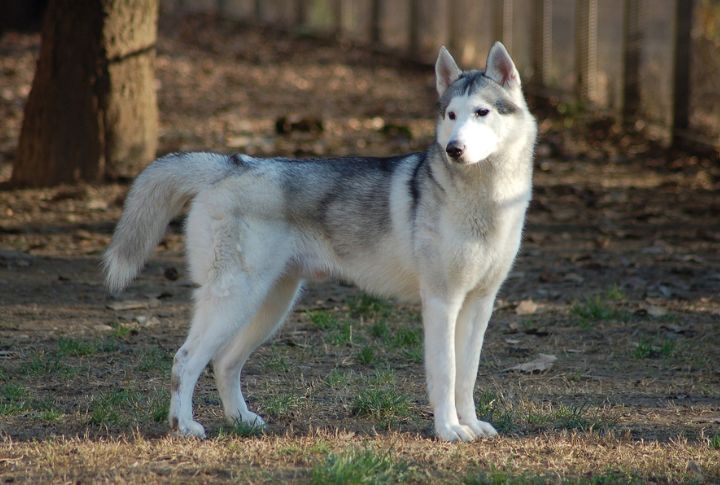
It’s hard to disagree; Siberian Huskies are stunning, but their stubborn nature and escape-artist tendencies can be challenging. Also, their thick coats require consistent grooming, which can be physically tiring. Additionally, Huskies possess a strong prey drive, making them difficult to control around other small animals.
Belgian Malinois
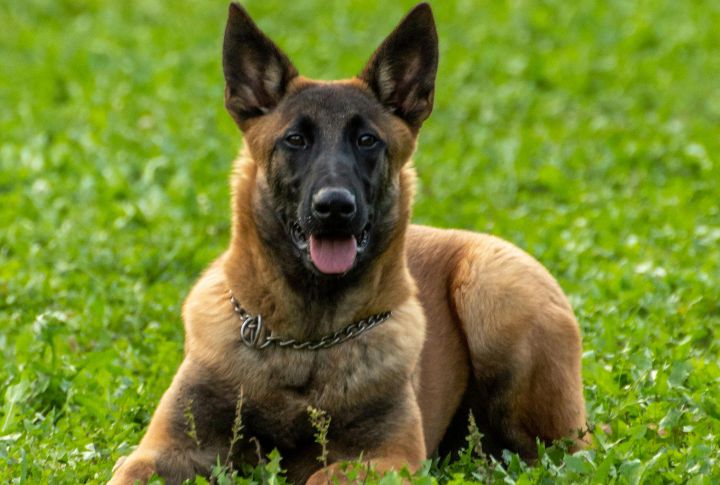
The Belgian Malinois is an impressive and dynamic breed known for its exceptional stamina and ability to tackle demanding tasks, from police work to rescue missions. Without a job or sufficient exercise, they can become bored, develop bad habits, and even exhibit restless or nervous behaviors, leading to aggression.
Jack Russell Terrier
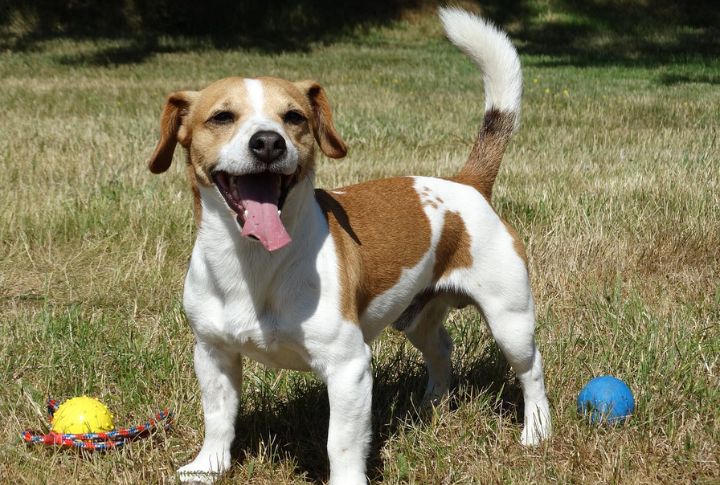
Although Jack Russell Terriers are small, they are bundles of energy that never seem to tire. Plus, they are prone to barking and digging. These terriers need consistent training and exercise to prevent boredom-induced mischief. Their hostile nature and high prey drive make them less suitable for retirees with other pets.
Dalmatian
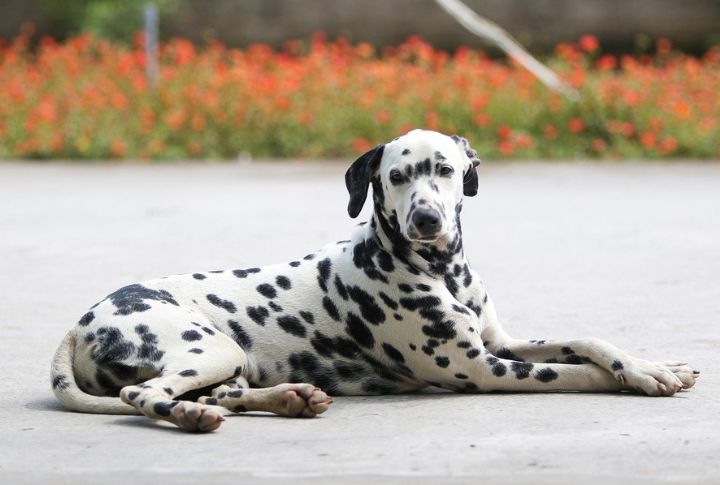
Dalmatians are elegant but require more care than their spotted coats might suggest. They require high exercise and can be susceptible to deafness, which can cause training challenges. They also shed considerably, necessitating regular maintenance. Their strong-willed nature demands training, which could be taxing for many.
Saint Bernards
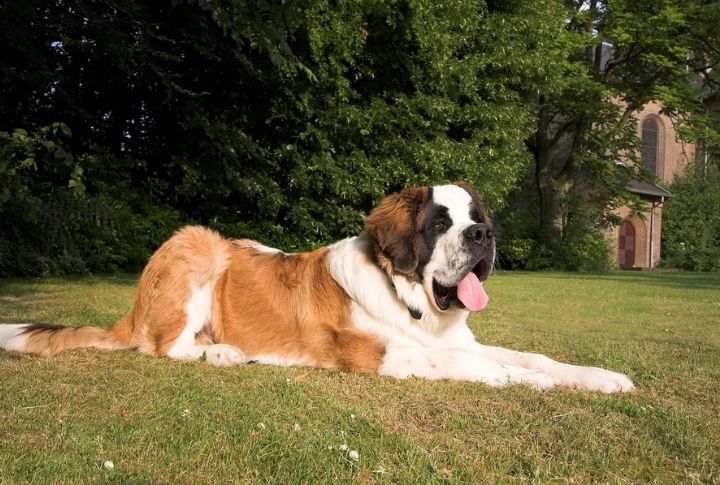
While Saint Bernards are famous for their sweet and affectionate nature, their large size and slow maturity can bring out issues. These canines don’t realize their strength, leading to unintentional bumps and knocks. They are outgoing and love having fun but may be reserved with strangers, making them difficult to manage.
Rottweiler
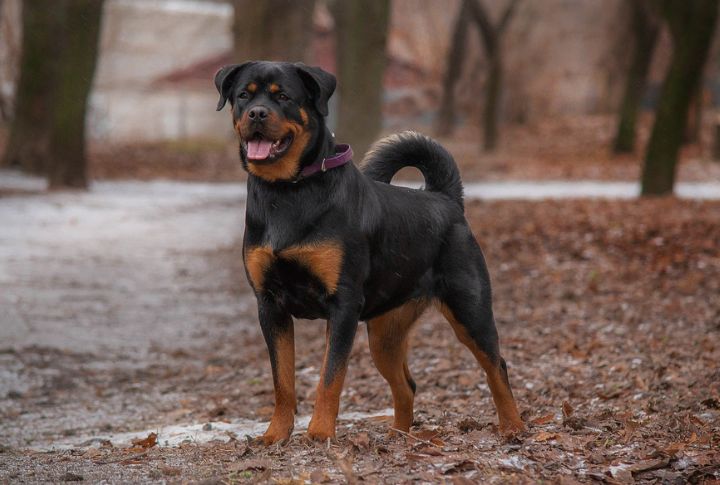
Originating from Germany, Rottweilers were once known for their role in herding livestock and transporting cut-up meat. Today, Rottweilers are celebrated for their strength, bravery, and commanding presence. However, their natural aloofness and reserved demeanor require thorough training and socialization.
Cocker Spaniel
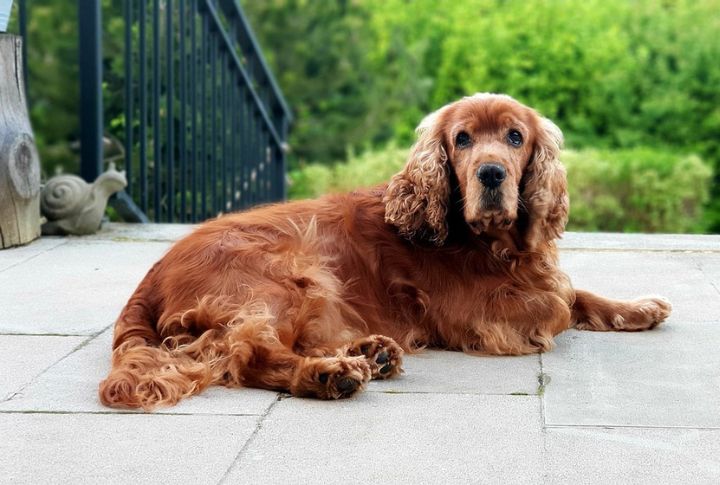
Sporting dogs with a sturdy build and quick movements, Cocker Spaniels are playful and affectionate. Nonetheless, their long coats require regular grooming, and they shed quite a bit, making them somewhat high-maintenance. Moreover, their floppy ears are subject to infections, which adds to their care needs.
Great Dane
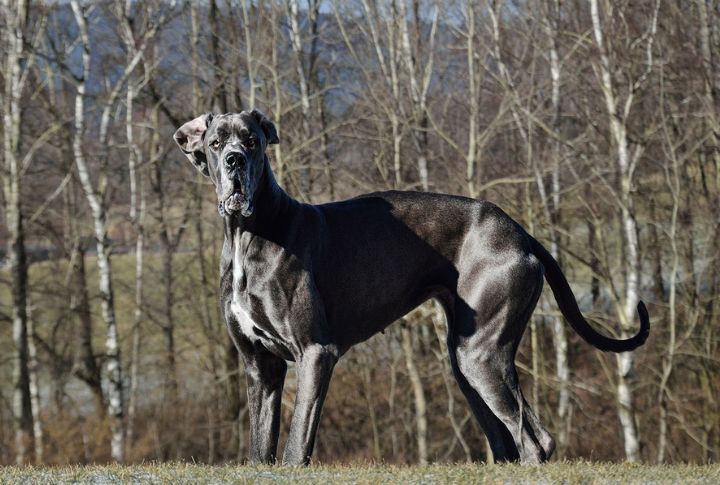
Among the big breeds, Great Danes make good family pets. Their sheer size, up to 200 pounds, can be a task for seniors, as they can be difficult to look after, especially since they might not always realize their size. Some Great Danes still act like lapdogs, which can again be hard on the body.
Pitbull Terrier
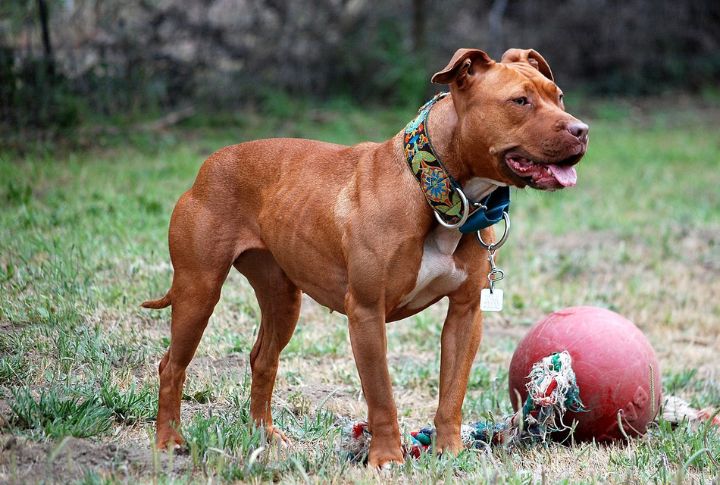
Many pet parents can vouch for a Pitbull Terrier’s loyalty and protective nature. However, these instincts can sometimes lead to aggressive behavior, mainly if the dog feels confined or lacks sufficient stimulation. These dogs enjoy being active and need exercise and plenty of training to keep them happy and well-behaved.
Akita
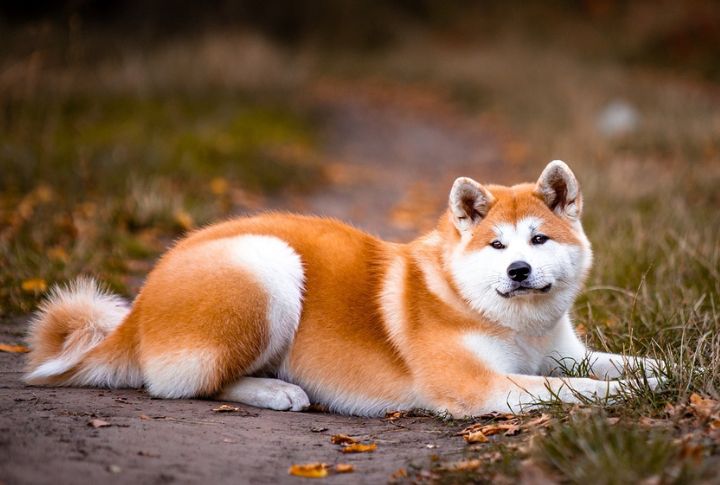
Indeed, Akitas are known for their courage, loyalty, and protectiveness, but they may not be the best fit for a household with seniors. Their strong-willed and protective nature can sometimes get out of hand. Additionally, Akitas shed a lot, making grooming and maintenance quite demanding.
Boxer
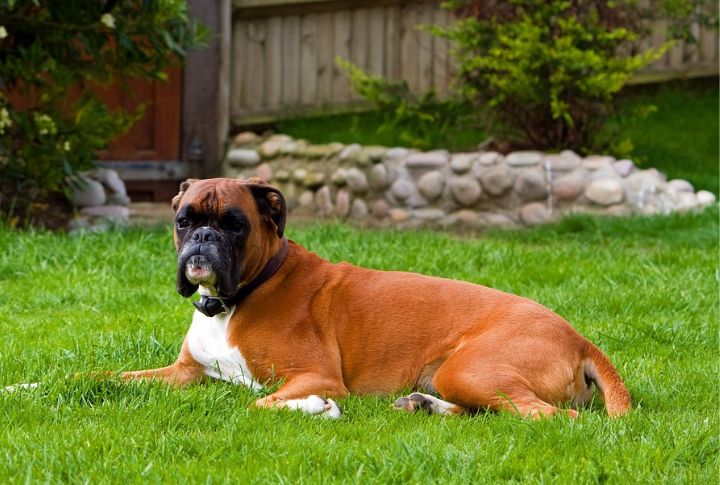
These dogs are particularly high-energy during their puppy years, though they often settle down as they age. Yet, untrained Boxers are known for jumping and pawing, which can lead to accidental falls. Their large, athletic build means they can be quite boisterous, and their playful nature can be overwhelming.
Beagle
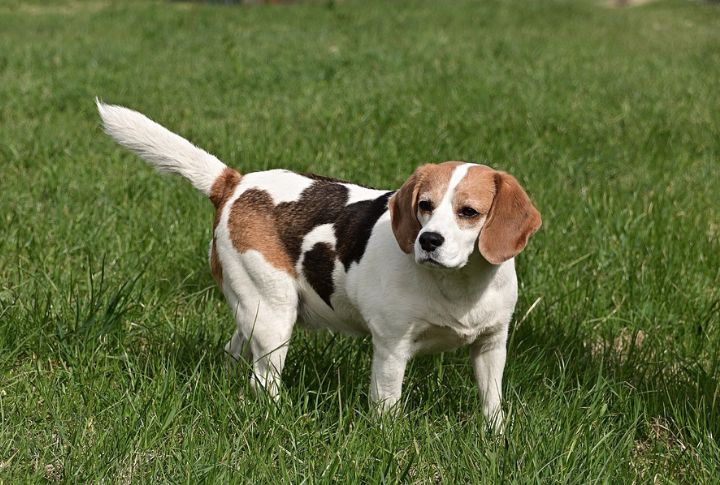
Though Beagles are a popular choice for families due to their petite physique, friendly temperament, and relatively few inherited health issues, their independence might make them less suitable for seniors looking for a manageable pet. Their stubborn streak and distinctive odor, coupled with a tendency to whine and howl, can be demanding.
